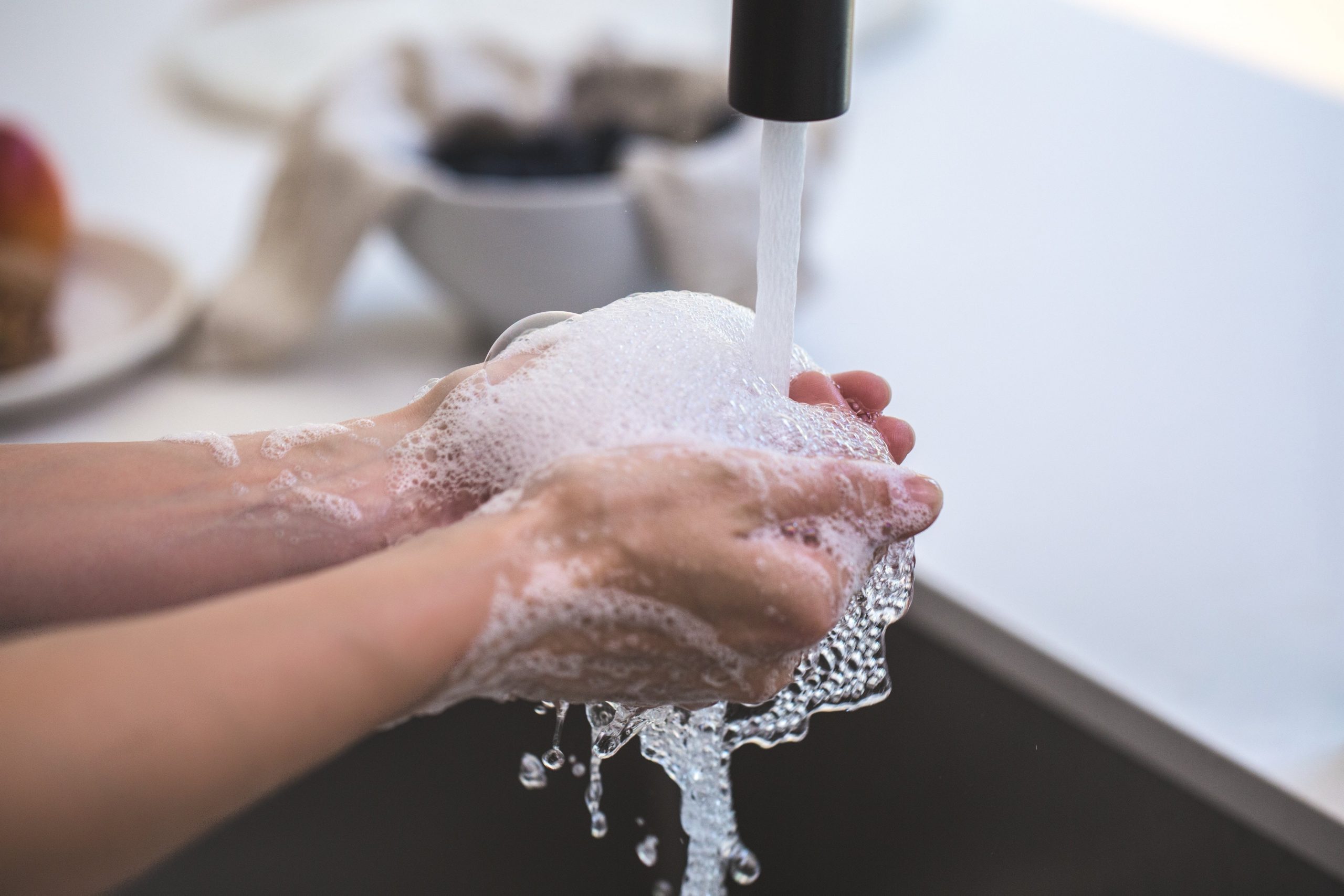Delivering the Award during the COVID-19 virus outbreak: Ideas to help participants continue to progress their Award from home
Millions of people around the world have been affected by the COVID-19 virus outbreak. In many places, schools and youth organisations may be closed and people confined to their homes to reduce the spread of the virus. In others, these measures may be being considered.
For The Duke of Edinburgh’s International Award participants in these affected areas, this means that their Award progress has been delayed as many of the Award activities usually happen in or around the school or organisation that is currently closed. However there are many ways in which participants can continue their activities for the Skills, Service and Physical Recreation sections from their own homes, to ensure that they can keep their Award progress on track and combat the inevitable boredom and anxiety many young people may face. During these uncertain times, it’s important for your participants to stay engaged, active and healthy in a safe and positive way and the Award can be a great way of doing so.
Below you can find some suggestions for creative ways to continue Award activities at home, whilst providing enough evidence to Assessors and Award Leaders to continue progressing goals.
Please note: it is paramount that anyone considering undertaking Award activities outside of the home in areas affected by the COVID-19 virus outbreak must consult their local public health or relevant government authorities before doing so.
The sections of the Award
Skills
Progress towards your Skills section is something that can easily be done from the confines of your own home. If you are learning a musical instrument, a new language, cooking new recipes, designing software or creating art, chances are you have all the tools you need at home to continue working towards your goal. If you can, get in contact with your Activity Coach or Assessor to help you find some activities that can be done from home, or alternatively you can look online to find tutorials to help continue your progress towards that skill. Once you have found some suitable activities that can be done at home, be sure to take lots of photos or videos of the activity so that you can show your Assessor the progress you have made. You can upload these photos or videos directly to the Online Record Book (ORB) when making your weekly logs.
Physical Recreation
This section is about maintaining a healthy lifestyle and increasing your fitness. It is very important to keep this up, especially if you are restricted to your house. Whatever activity and goal you have chosen for the Physical Recreation section, there are many ways to continue progressing by doing your own home workouts. Increasing your fitness levels in home workout sessions will undoubtedly contribute to your physical recreation goals. There are also more specific targeted exercise programmes that can be done from home to specifically develop strength, coordination, reflexes, flexibility or fitness that will contribute to your goal. Get in contact with your Assessor to get some ideas, or you can look online to find limitless ideas for home workout sessions to work towards your chosen goal. It’s important to show evidence of your progress to your Assessor, so be sure to upload any photos, videos or workout plans to your ORB weekly logs.
Voluntary Service
The Voluntary Service section may seem difficult to complete remotely, especially if you have chosen a group project activity with your peers, or if your goal requires you to visit a particular location away from your home. However, there are always activities that can be done from home that contribute to your overall goal. Remotely working towards a project is possible, as you can start a chat group with your fellow participants and brainstorm activities that can be done at home to continue contributing to the project. Online research, creating brochures for raising awareness or posting helpful things online for the community can all be activities that contribute to your goal. If you are not sure of what activities that can be done to contribute to your Service section, get in contact with your Award Leader or Assessor to support you in finding new creative ideas.
Adventurous Journey and Gold Residential Project
As the Adventurous Journey and Gold Residential Project sections are group activities, they both represent the most challenging sections to complete during the virus outbreak. Many planned practice and qualifying Adventurous Journeys have been delayed, which is important to prevent the spread of the virus. Similarly options for organising Residential Projects will be limited.
However, that doesn’t mean that all progress must be halted. If you already have a team for the Adventurous Journey, you can keep in contact with your team and supervisor online using emails or chat group. Researching different areas, route planning and some training can be done as a team remotely.
There are many resources available online with activities to develop your navigation, first aid, environmental awareness and camp craft skills that you can do at home. It’s important to stay in contact with your team and supervisor so that you can ensure that when your school or organisation reopens and your journeys can resume, you will be more prepared!
Finally, if you are at Gold, you can also start planning in detail what you may wish to do for your Residential Project from your home and potentially reaching out to organisations that you are keen to support and/or work with for your project.
Changing section activities
There are naturally a multitude of reasons why a young person might need and want to change Award activity in a section. Whilst the ‘ideal’ situation for a young person progressing through the Award remains that they pick an activity and stick it at for the time requirements for the relevant level, the COVID-19 outbreak is a good example where pragmatic and practical solutions should apply.
We would therefore encourage Award Leaders to discuss with their participants about the appropriateness of changing activities should a young person need to in order to keep challenging themselves and remain active in the Award.




